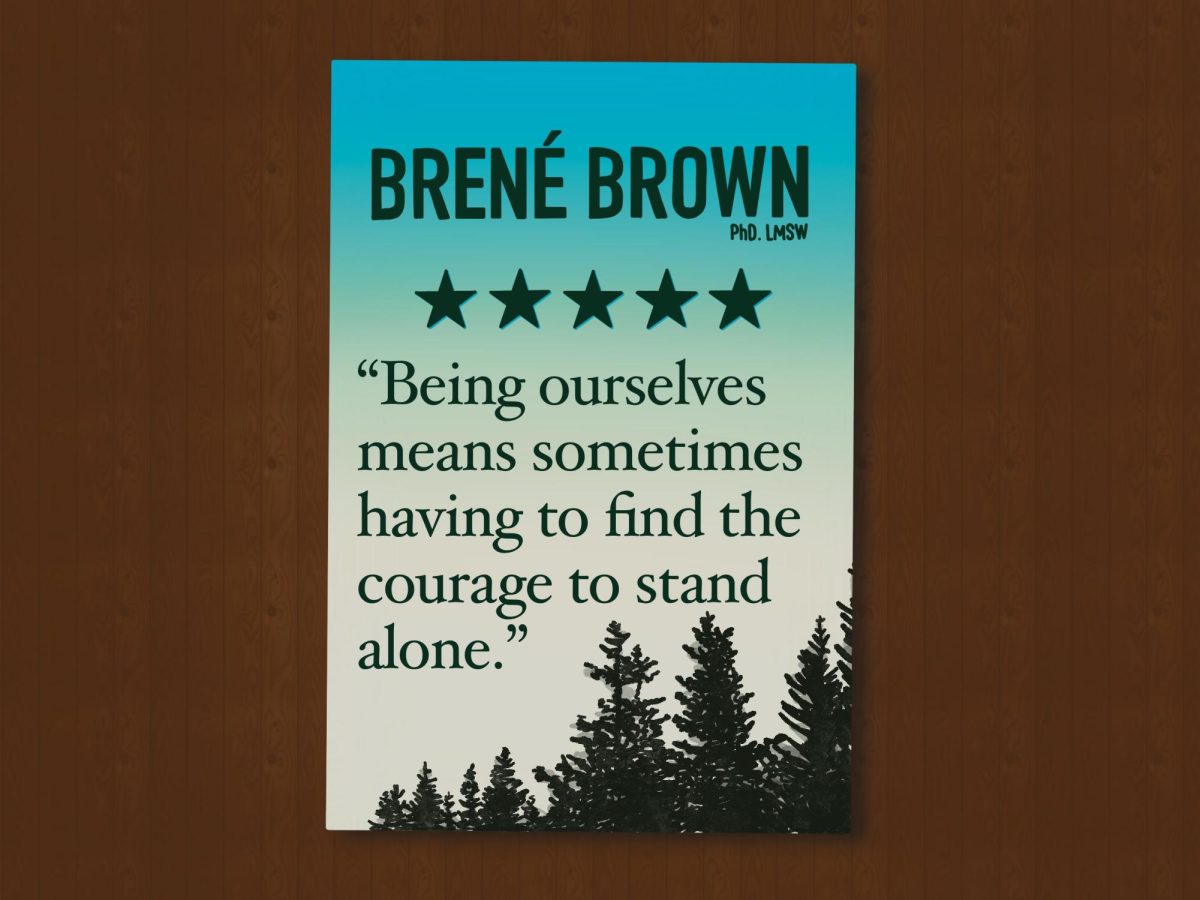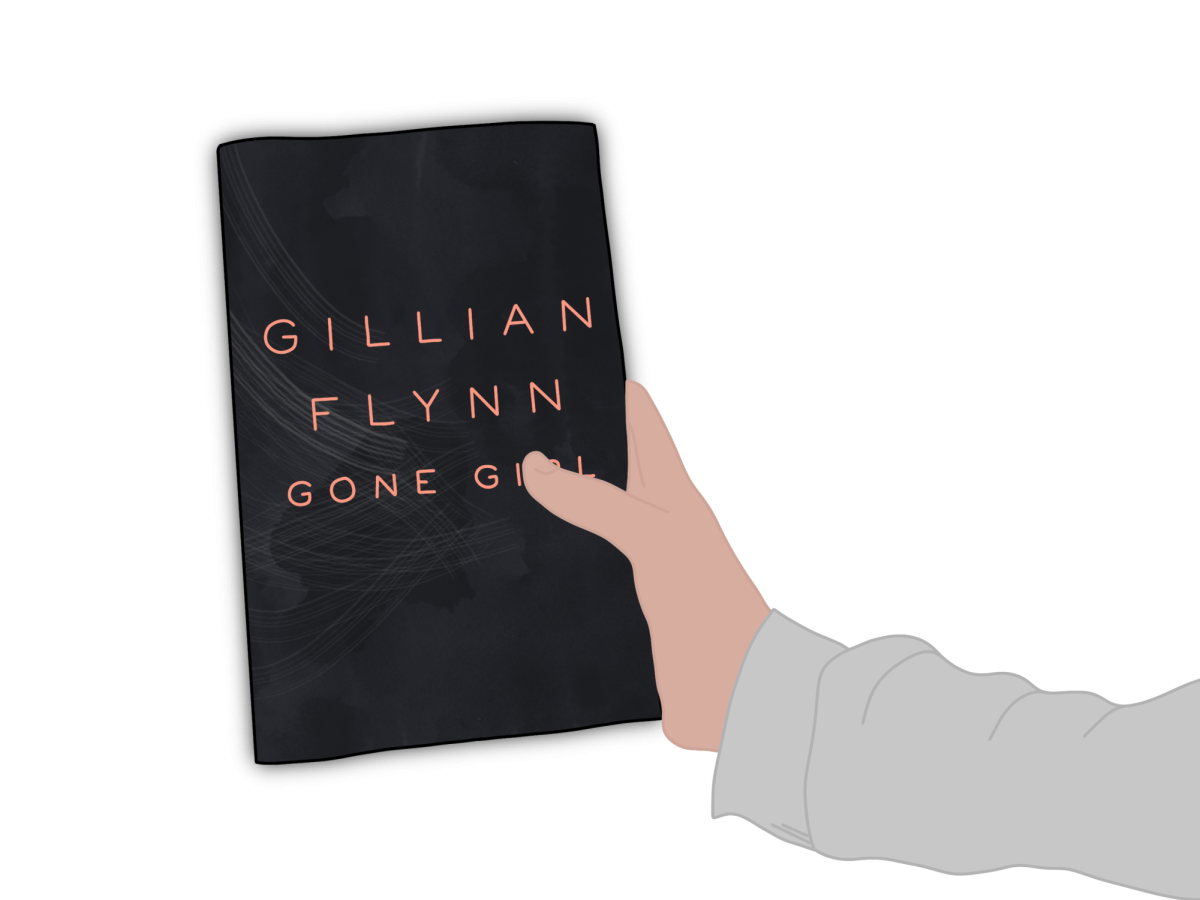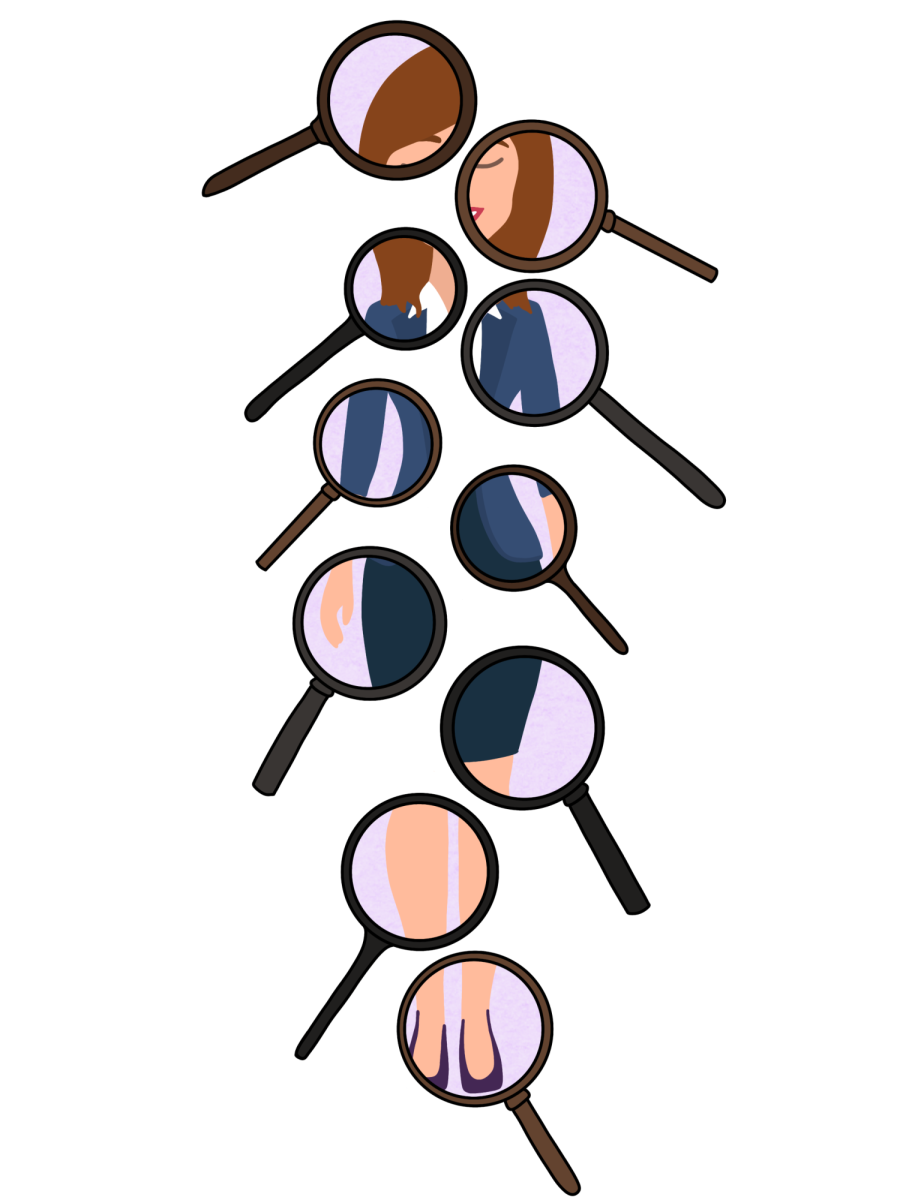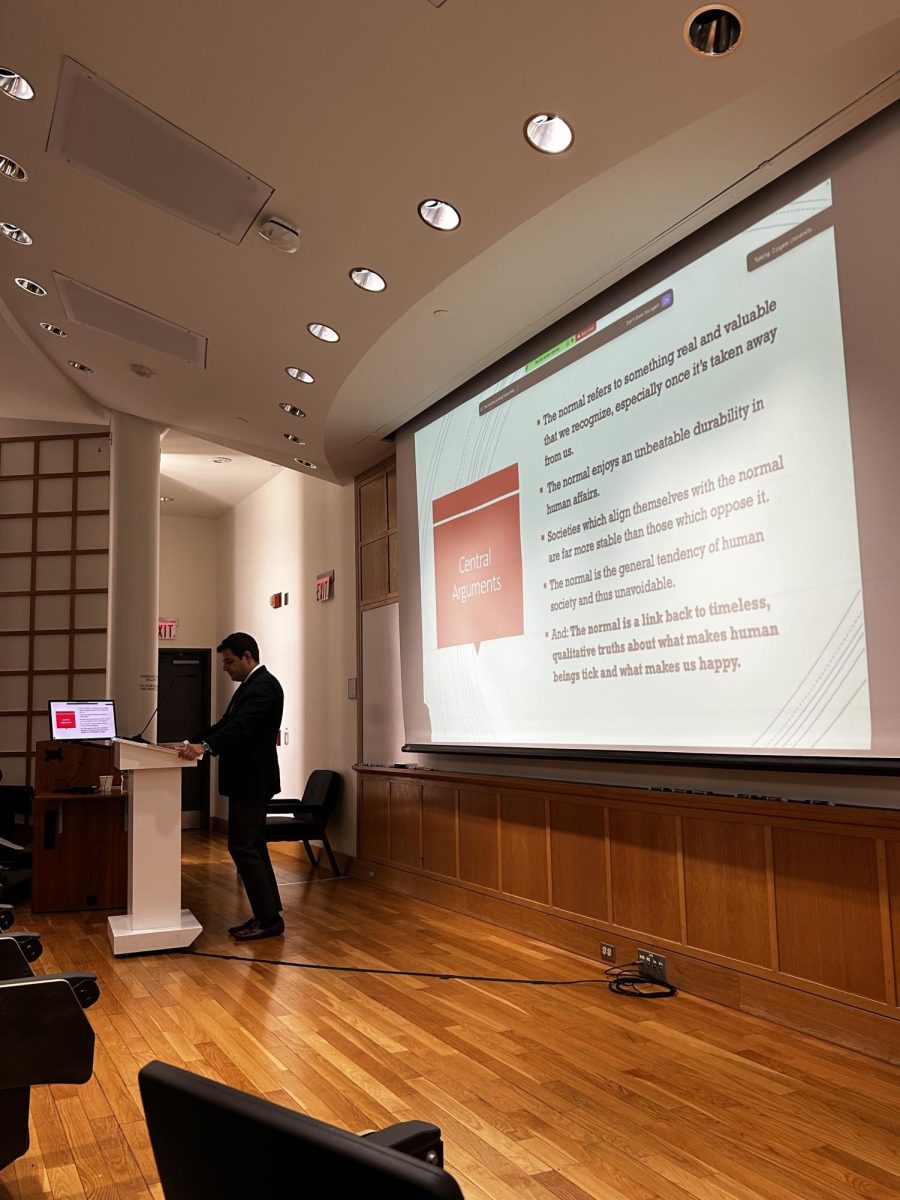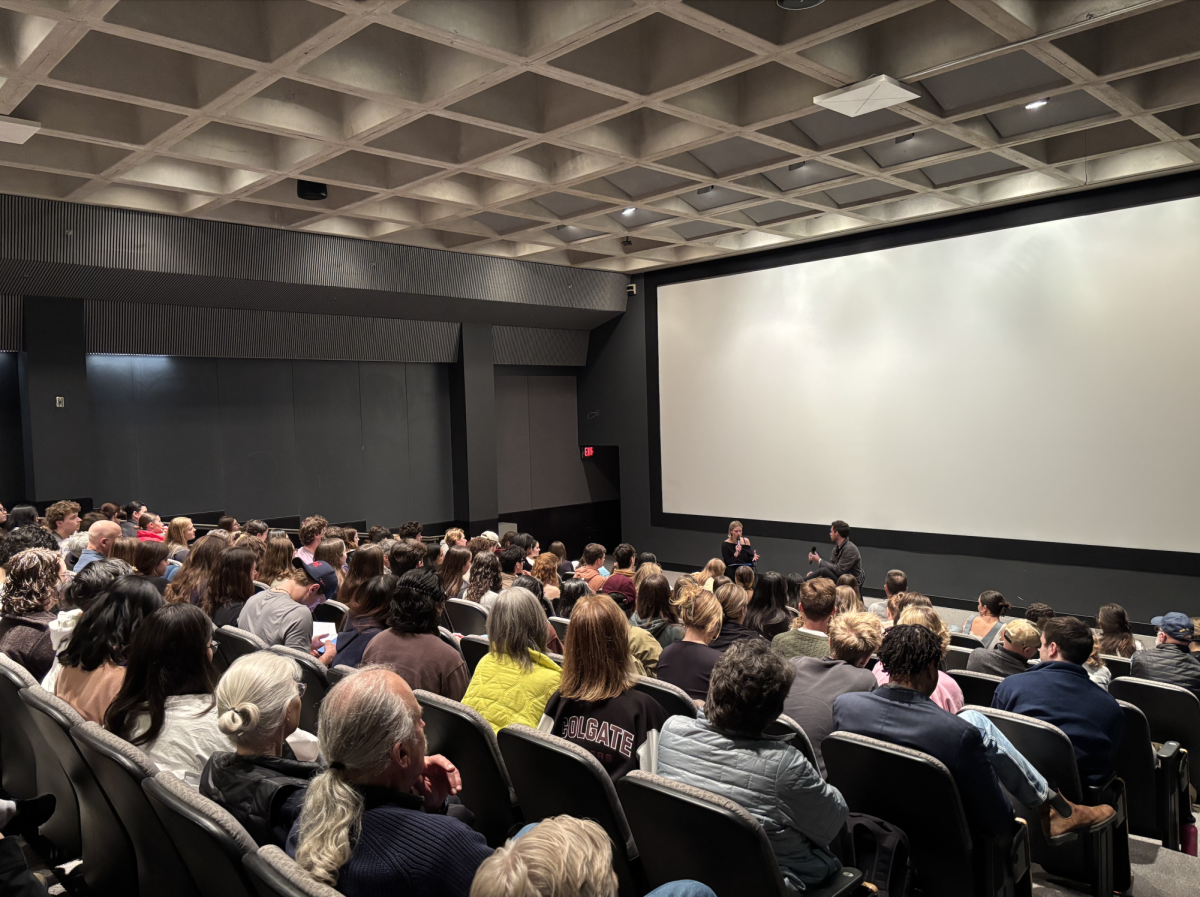“Everything I Know About Love” is a memoir by British journalist and author Dolly Alderton. It diaries her journey of growing up, navigating friendships, love, career, heartbreak and everything in between. Alderton’s writing is deeply witty, illuminating key insights about what love truly means.
The memoir spans the time from Alderton’s teenage years to her mid-thirties through a non-traditional format. Much like Eve Babitz’s works in “Slow Days, Fast Company, or Black Swan,” Alderton adopts a free-flowing writing style rather than a straightforward chronological narrative. I personally enjoy this approach, as it keeps the book fresh and engaging since the overarching theme of “growing up” might not hold as much interest on its own.
The book consists of short stories, emails, receipts and advice directed at the reader. Although it isn’t entirely chronological, it is organized into different sections corresponding to significant periods in her life. For each major age, Alderton includes a section titled “Everything I Knew About Love As” a teenager, at twenty-one, twenty-five and so on. As a female reader, I found these columns of advice to feel deeply targeted and hilariously relatable. The sentiments of each aren’t necessarily meant to be taken at face value, but rather in the current context of Alderton’s life. Some of the “advice” was so comically resonant that reading it caused a deep reflection of my younger thoughts and insecurities.
Alderton covers a vast array of topics I think most people, but girls especially, can strongly relate to. She covers body image and eating disorders as well as the yearning for love, rejection and escapism through alcohol and partying. One of the reasons I love this book is because of the way she covers these profoundly grim experiences. Her writing is honest and direct and doesn’t sugarcoat or over-emotionalize. While raw, Alderton also cuts the edge with humor stopping short of overwhelming her reader with the heaviness of her material. My only criticism of the book would be its repetitiveness. While I found the book entertaining throughout, and although Alderton herself acknowledges the doomed cycle of relationships, it can feel a bit monotonous at times while reading.
One of my biggest takeaways from reading the book was her evolving understanding of love. At a young age, boys and having a boyfriend were her primary desires, shaping her views on love. Her commentary sheds light on society’s narrow definitions of “true love” and “soulmates,” being limited to romantic relationships. As she grows older and her best friend enters a committed relationship, Alderton depicts her jealousy, not aimed at her friend’s happiness but rather at the potential loss of their female friendship. As the book progresses, there is a shift in perspective as Alderton comes to better understand that most love in her life stems from friendship rather than romance.
There is one particular quote which I feel encapsulates the nature and sentiment of the text.
“This kind of love might not kiss you in the rain or propose marriage. But it will listen to you, inspire and restore you. It will hold you when you cry, celebrate when you’re happy and sing All Saints with you when you’re drunk. You have so much to gain and learn from this kind of love. You can carry it with you forever. Keep it as close to you as you can.”
As a young female reader, I find this perspective to be markedly refreshing. So often, we are overwhelmed with the narrative that to find love means to find a man — or any significant other — but reading about the fulfillment of love in female friendships touched me deeply. I think that any teenager —but particularly those that are female identifying — should read this book as it really leaves a lasting impression and imparts important wisdom.
Rating: 5/5




